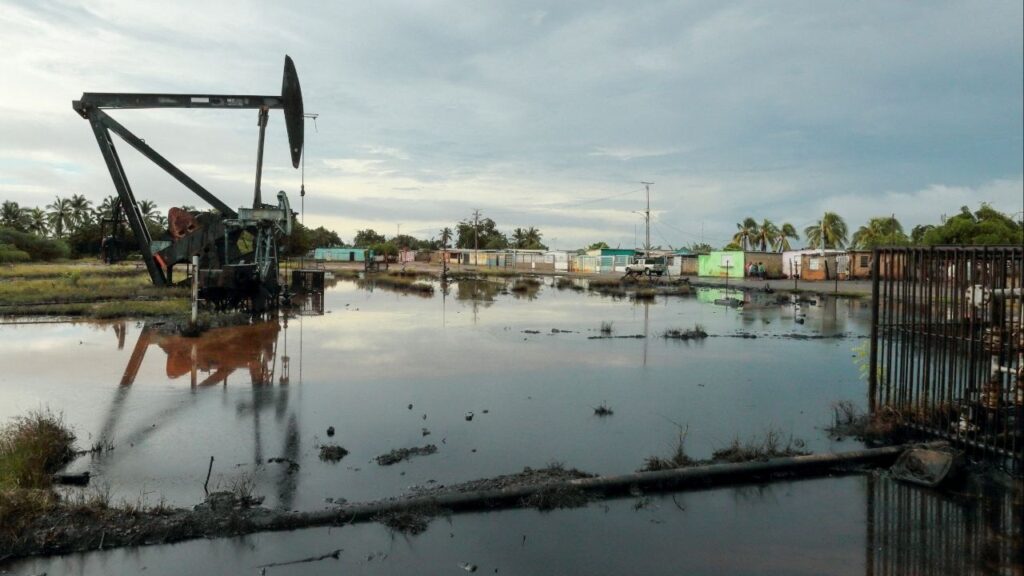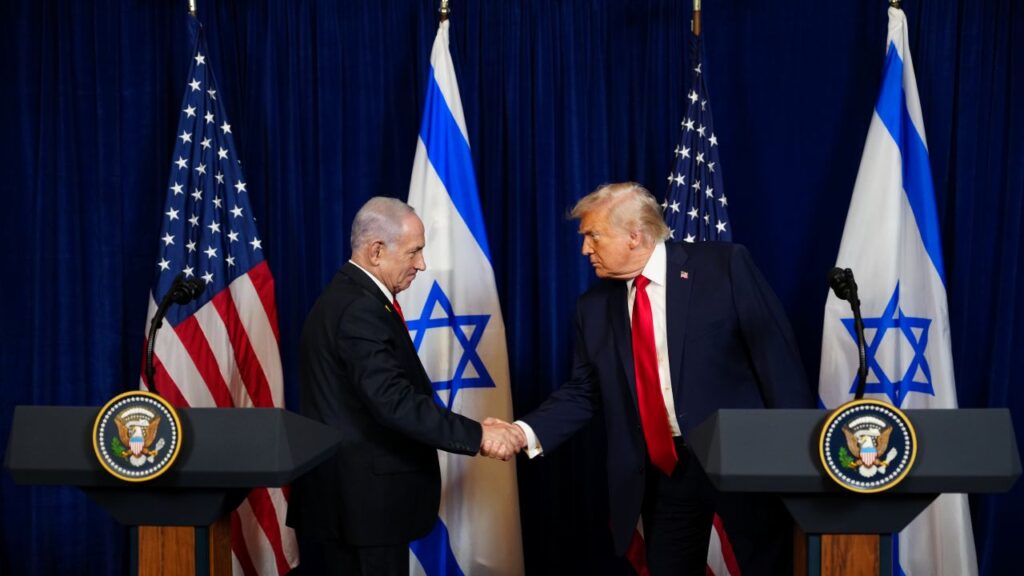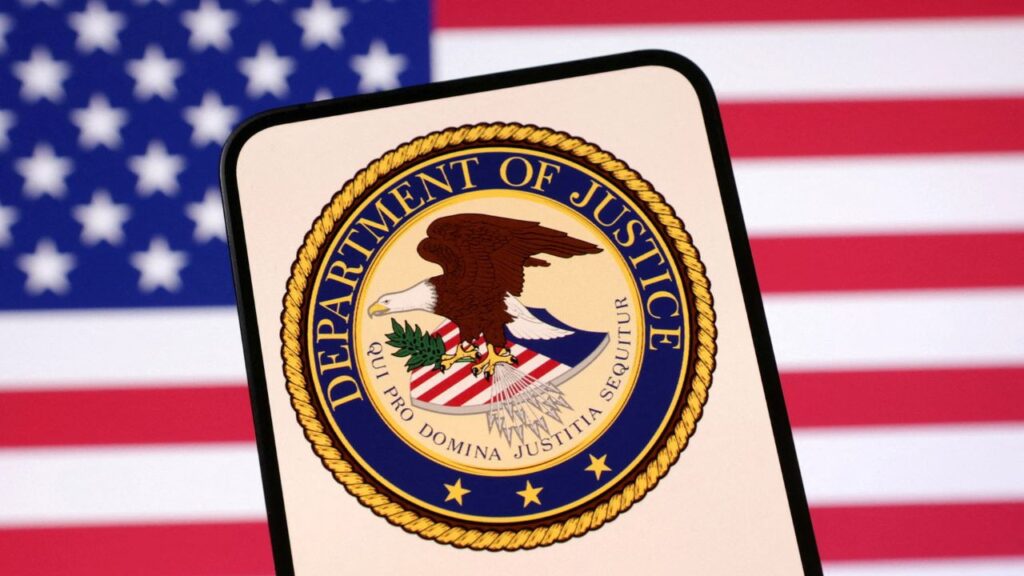A Foreign Policy for the Post-Pandemic World
Share
[aggregation-styles]
Foreign Affairs Subscription
A single event can reset U.S. foreign policy for decades in ways both good and bad. The 9/11 terrorist attacks created a brief moment of national and international unity that could have inspired an era of deeper global cooperation, but the United States squandered the opportunity. In the name of preventing another large terrorist attack, it launched unnecessary wars that cost the lives of thousands of American soldiers and hundreds of thousands of civilians—not to mention the wars’ exorbitant financial toll and the immeasurable damage they did to the country’s global image. The United States and the world are still grappling with the fallout almost 20 years later.
Those catastrophic policies were not inevitable; they were the work of individuals who had long advocated for a more aggressive U.S. foreign policy and took advantage of the crisis to enact one. U.S. officials began planning for war with Iraq just weeks after 9/11 and falsified intelligence to justify the invasion. They moved quickly, believing that the geopolitical earthquake caused by the terrorist attacks would enable them to reshape the world in their image.
Read More →
Foreign Affairs Subscription
A single event can reset U.S. foreign policy for decades in ways both good and bad. The 9/11 terrorist attacks created a brief moment of national and international unity that could have inspired an era of deeper global cooperation, but the United States squandered the opportunity. In the name of preventing another large terrorist attack, it launched unnecessary wars that cost the lives of thousands of American soldiers and hundreds of thousands of civilians—not to mention the wars’ exorbitant financial toll and the immeasurable damage they did to the country’s global image. The United States and the world are still grappling with the fallout almost 20 years later.
Those catastrophic policies were not inevitable; they were the work of individuals who had long advocated for a more aggressive U.S. foreign policy and took advantage of the crisis to enact one. U.S. officials began planning for war with Iraq just weeks after 9/11 and falsified intelligence to justify the invasion. They moved quickly, believing that the geopolitical earthquake caused by the terrorist attacks would enable them to reshape the world in their image.
Read More →
By Michael H. Fuchs | 23 July 2020
RELATED TOPICS:
Categories
Latest
Videos



















